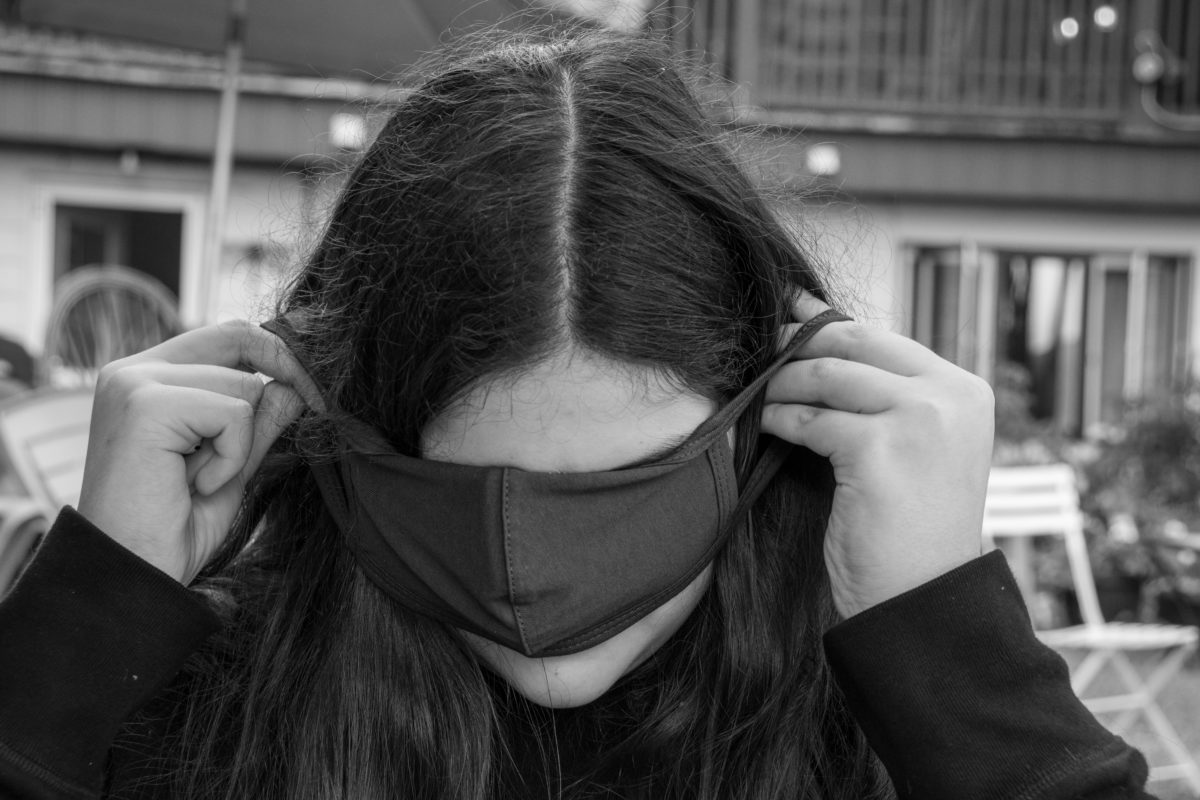“No time passed is good enough for my living,” Dionne Brand – a Black poet and essayist who lives in Toronto – contends, in response to Indigenous poet Billy-Ray Belcourt’s question “what if any, is the relationship between nostalgia and poetry?”. Unfolding on an episode of the Between the Covers podcast hosted by David Naimon, Brand continues: “I can only think of the future, the place where we might live, which would refute all that we are living; negate and tear up all that we are living. I am always living in the future…my work is to live in the future”. When we listen to Brand’s words as a pedagogist might, we are struck by the emphasis on ideation as a world-making tactic: to envision a future that refutes the neoliberal, settler colonial pillars of existing early childhood education because the future must be imperceptible; it is a requirement that the future be illegible to the white supremacist, humanist, developmental grammars of the present. A pedagogist, learning with Brand, is uninterested in creating a “better” future where better is simply a synonym for status-quo with a slight social justice flavour. A pedagogist is, instead, interested in discerning how and why different questions and concerns matter differently to specific educational experiences and responsive curriculum-making such that we might generate situated, responsive pedagogies grounded in the ongoing rhythms, politics, ethics, and flows of an early childhood or post-secondary education space.
Continue reading “Editors’ Note”Tag: returning
Returning as/with Post-Secondary Pedagogists
What modes of returning matter to post-secondary institution (PSI) pedagogists as they return not just to the college or university institution, but also to the ethics and politics that cohere early childhood education together as an institution? In autumn 2022, post-secondary institution pedagogists are taking on a unique project: they are returning to their role as educators of pre-service teachers and they are returning to their role as a pedagogist intent on agitating the developmental and instrumental logics that underpin much of what counts as pre-service teacher education. To linger with the tensions that come from such a return, Cristina and Nicole participated in a conversation with three post-secondary institution pedagogists: Paolina Camuti, Marah Gardner Echavez, and Cory Jobb. Paolina and Marah work as pedagogists in Ontario and Cory is in British Columbia. We began our conversation with a simple question: do we want to return – and how? We then turned to questions of methodology, where, if we have a desire to return, how do we then do the work of returning well? Finally, we point toward some of the tensions that have emerged through each pedagogists’ responses, wondering how returning might also be about uncertainty and disjuncture, and not the confident and slick return to learning advanced by contemporary neoliberal discourses.
Continue reading “Returning as/with Post-Secondary Pedagogists”
